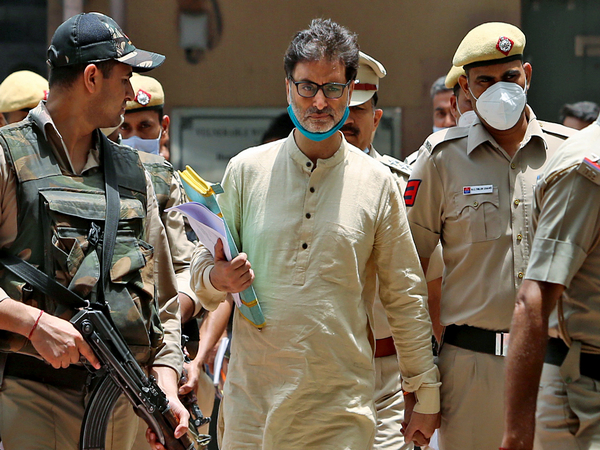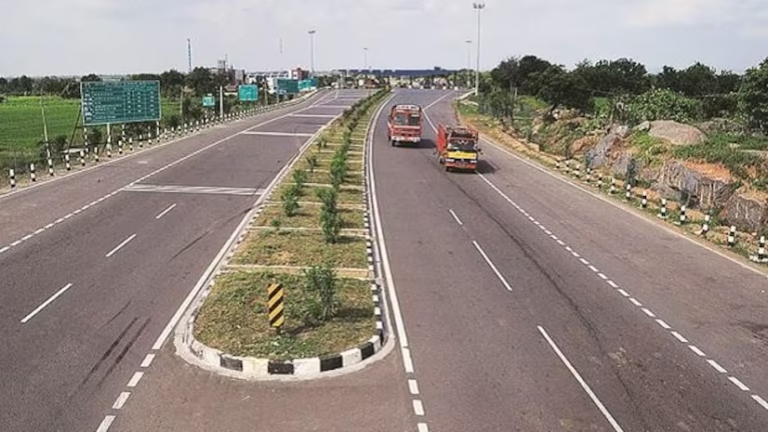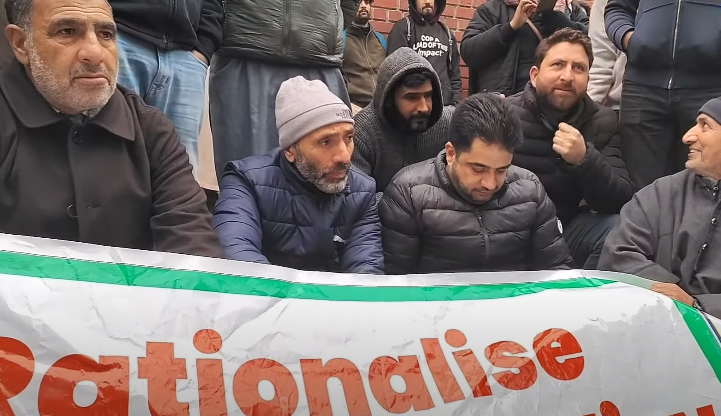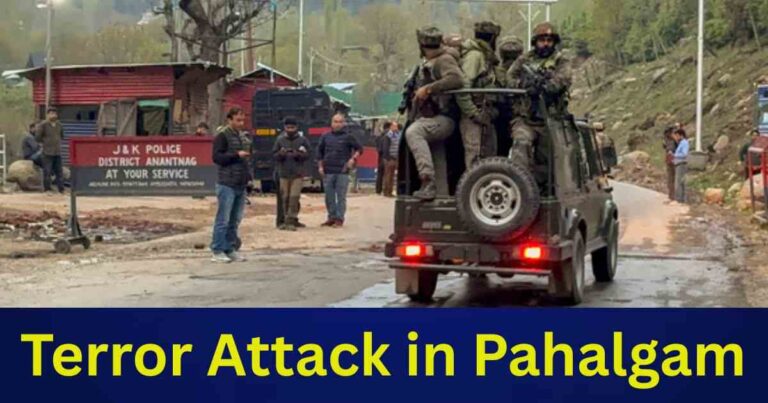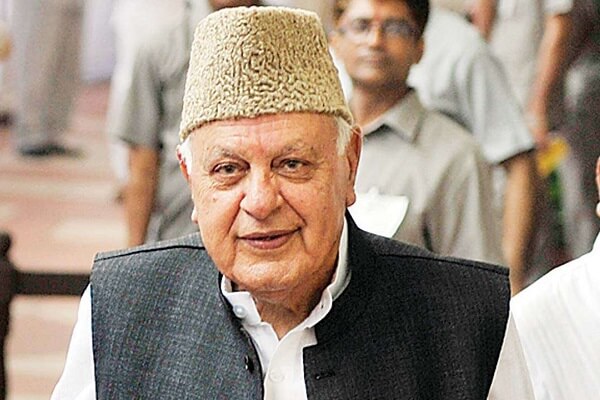Delhi High Court Judge Recuses from Yasin Malik Case Appeal; NIA Seeks Death Penalty
Justice Amit Sharma of the Delhi High Court recused himself from hearing the National Investigation Agency’s (NIA) appeal seeking the death penalty for Kashmiri separatist leader Yasin Malik in a terror funding case on Thursday.
A previous bench had sought Yasin Malik’s response to the NIA’s appeal, calling it a “rarest of rare” case.
The appeal was listed for hearing on Thursday before the Division Bench of Justice Prathiba M Singh and Justice Amit Sharma. However, when the matter was taken up, Justice Amit Sharma recused himself. The bench has now listed the matter for August 9 before a different bench of the Delhi High Court.
In May 2023, the NIA moved the Delhi High Court challenging a lower court order that awarded life imprisonment to Yasin Malik in a terror funding case.
Earlier, a predecessor bench comprising Justice Siddharth Mridul and Justice Talwant Singh had issued a notice to Yasin Malik through the Jail Superintendent, as he is lodged in Tihar Jail. Malik was the sole respondent in the appeal, noted the court.
The court also issued a notice on the NIA’s application for condonation of delay in filing the appeal and summoned the trial court record.
Appearing for the NIA, Solicitor General Tushar Mehta submitted that Yasin Malik is responsible for the killing of four IAF personnel and the kidnapping of Rubaiya Sayeed. He further asserted that the four terrorists released after the kidnapping masterminded the 26/11 Mumbai attacks.
Solicitor General Mehta also stated that Malik crossed over to Pakistan in the 1980s to receive training in handling weapons, with the ISI helping him become the head of JKLF.
In its appeal, the NIA argued that not imposing capital punishment on such a dreaded terrorist, merely because he pleaded guilty, would erode the country’s sentencing policy and create a loophole for terrorists to avoid the death penalty.
The NIA further stated that the acts committed by Malik, due to their ‘act of war,’ resulted in the loss of valuable soldiers and caused irreparable damage to their families and the nation.
The NIA also noted that Malik, over decades, has been involved in and leading terrorist activities in the valley, masterminding, planning, and executing armed rebellion with the help of foreign terrorist organisations interested in India.
In its appeal to the Delhi High Court, the NIA contended that Malik’s offences are acts of “external aggression,” brazenly planned and executed as “acts of waging war against the nation.” They created internal disturbances by raising and using armed militia within the state and aiding trained terrorists from enemy states to infiltrate India’s borders.
Earlier, on 25 May 2022, the trial court judge, while sentencing Yasin Malik to life imprisonment, opined that there was no reformation of the convict. Although Malik claimed to have given up violence in 1994, he had never expressed regret for the violence he committed before that year.
The judge noted that when Malik claimed to have renounced violence after 1994, the Indian government took his word at face value, gave him opportunities to reform, and engaged in meaningful dialogue with him, allowing him platforms to express his opinion.
The crime was considered more serious as it involved the assistance of foreign powers and designated terrorists, and was carried out under the guise of a peaceful political movement, added the trial court.
The manner of the crime and the weaponry used led the judge to conclude that it would not pass the “rarest of rare” test for the death penalty.
Along with the life sentence, the NIA court imposed a fine of over Rs 10 lakh on Yasin Malik. He was sentenced to life imprisonment twice: once for waging war against the nation and once under UAPA Section 17 for raising funds for the terror act.
